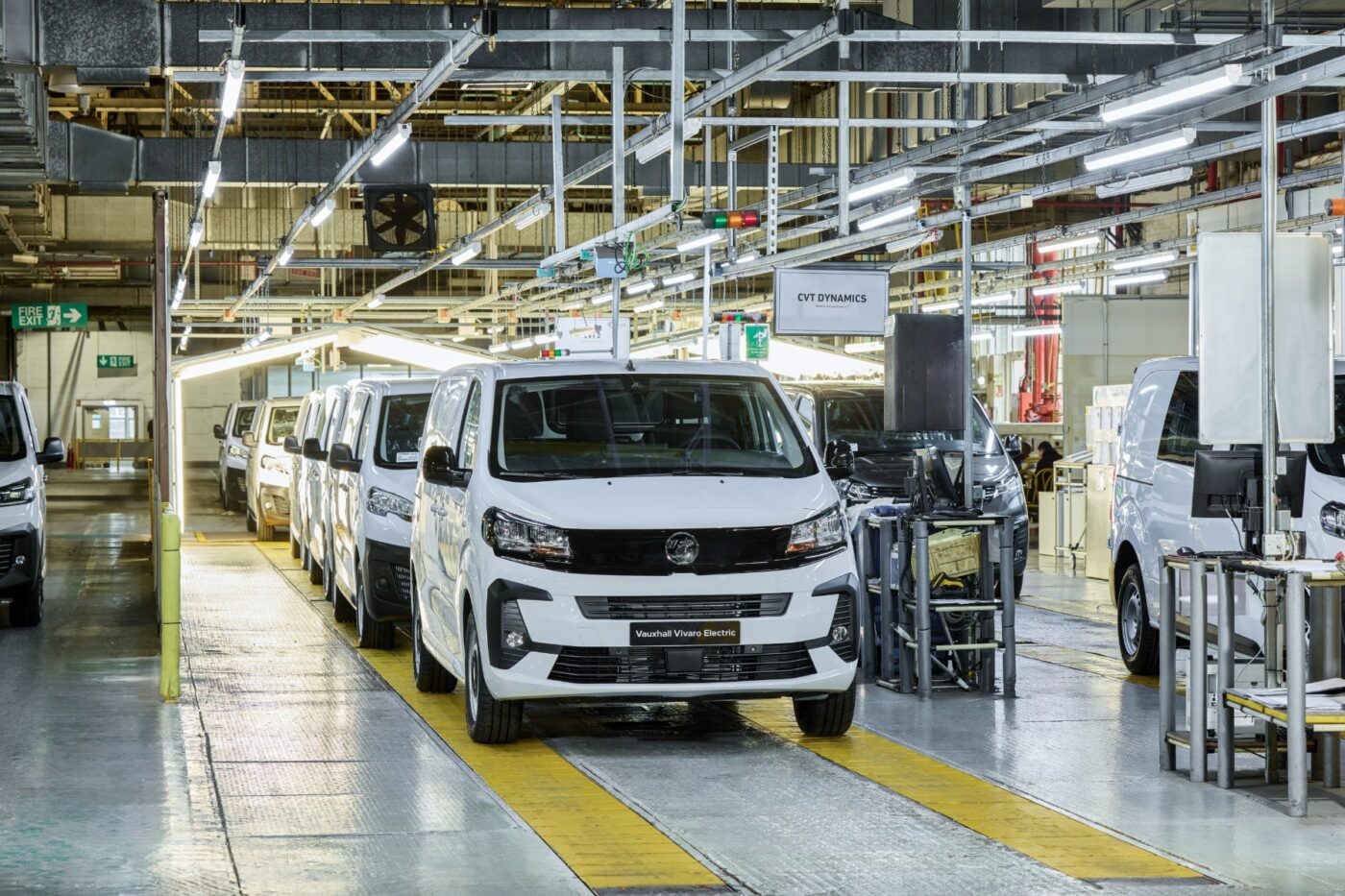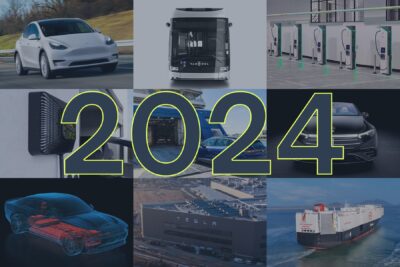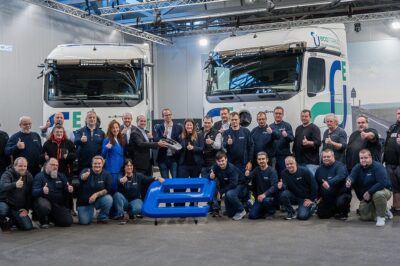UK could relax ZEV mandate for local manufacturers
UK Business Secretary Jonathan Reynolds confirmed that the government would meet to discuss the ZEV mandate, promising “clarity” for the industry by the end of the year – and even “flexibilities within the ZEV mandate.” The flexibilities could include transferring credits between zero-emission cars and vans. Another option is giving credit for British-made EVs exported and sold outside the UK. Moreover, lobbyists continue to call for an incentive scheme to encourage EV uptake.
However, the government also confirmed that renegotiating the ICE phase-out for 2030 was not an option. “No, the government is committed to the 2030 phase-out date, which will provide certainty for the industry, but we do recognise the challenge that the industry faces,” a spokesperson for UK Prime Minister Keir Starmer said on Tuesday.
The ZEV mandate stipulates that at least 22 per cent of cars sold must be locally emission-free. For vans, there is a target of ten per cent. The quota will increase each year until the set phase-out date, after which no new cars with internal combustion can be sold in the UK.
Manufacturers who do not meet the target must either pay a fine or buy “ZEV allowances” from carmakers that exceed their target. It will cost carmakers 15,000 pounds per ZEV allowance for cars. For vans, the fine was reduced to 9,000 pounds in 2024, but will rise to 18,000 pounds for the remaining years that the regulation is in place.
Government officials recently met with automakers who produce cars in the UK and faced a new wave of criticism. OEMs tried to make it clear that, since EV sales are not as high as predicted, ZEV fines could cause them to lose money and subsequently cut jobs. For example, Ford just announced that it would cut 4,000 jobs to stay competitive – most of them in Germany, but jobs in the UK are also at risk.
And now another carmaker is upping the pressure. With reference to the ZEV mandate, Stellantis is threatening to close its van plant in Luton near London (possibly the trigger for the British government’s announcement to change the ZEV mandate). It builds ICE vans and, as reported, will also manufacture electric vans there starting early next year. Should Stellantis close the Luton plant, it would invest £50 million in the Ellesmere Port plant near Liverpool in order to relocate the production of medium-sized electric vans planned for Luton there.
Even though the automotive group promised to offer relocation and help with searching for new employment, closing down the Luton plant would put some 1,100 jobs at risk.
It remains to be seen when the government consultations will take place and what “flexibilities” will be on the table. What is certain is that the UK is not the only country looking to adjust CO2 fleet limits. Just a few days ago, top German politicians announced that they wanted to suspend possible fines for carmakers who do not meet the zero-emission car sales target in 2025, so the latter could invest in its own industry and would not have to cut jobs.
reuters.com, bbc.com (ZEV mandates), stellantis.com (Stellantis)





0 Comments